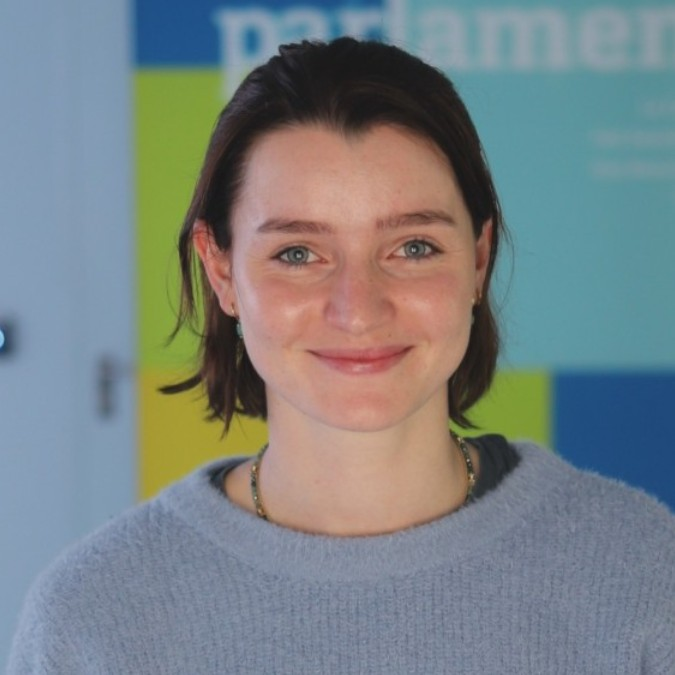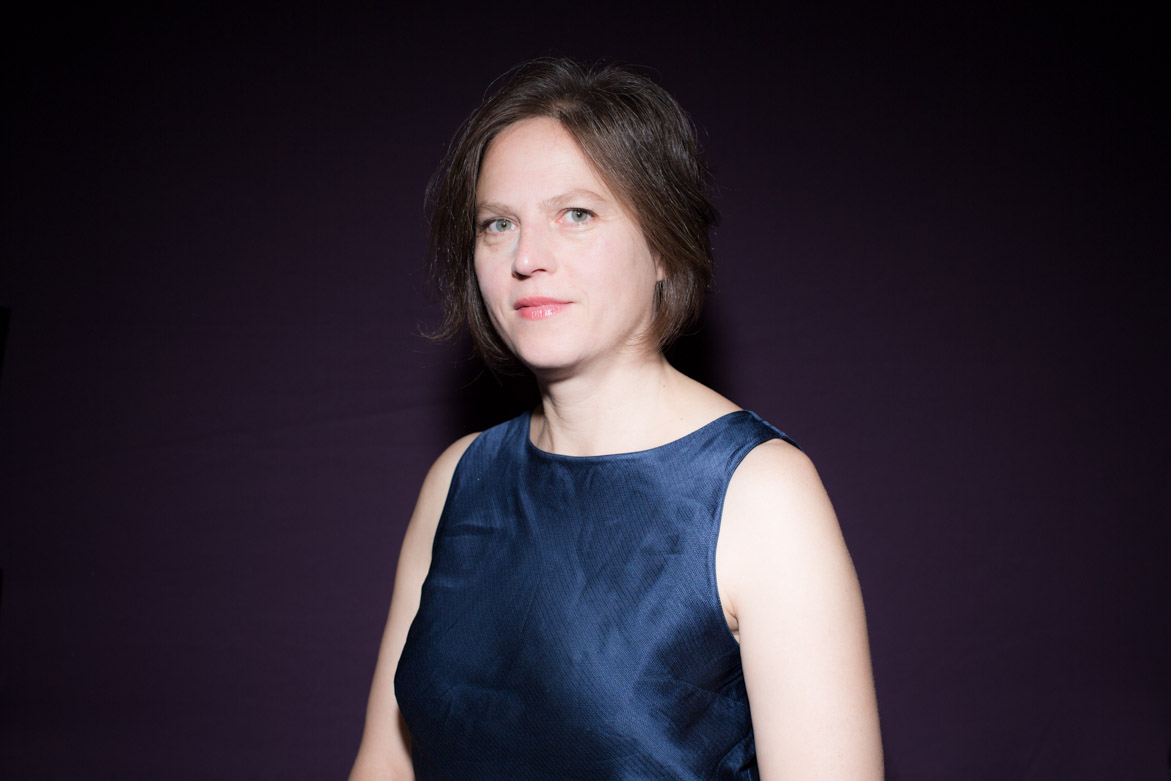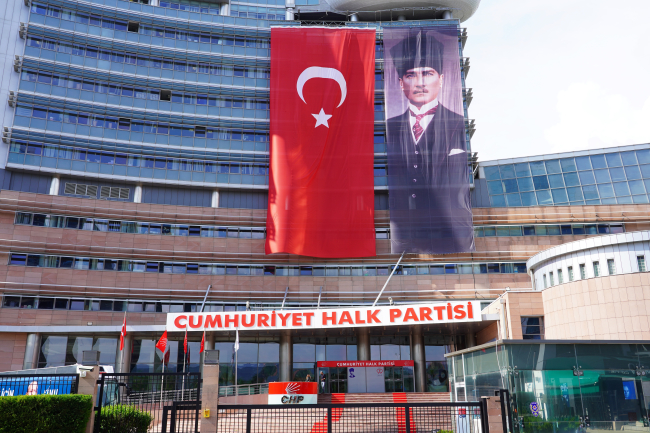The Renewal of the opposition in Türkiye: the 'Kemalists' in the post-AKP perspective

Practical information
Accessibility
Themes and regions
Related centers and programs

In March 2024, the triumph in municipal elections of the Kemalist CHP party, main opposition force to Recep Tayyip Erdoğan and the Islamo-conservatives, reinforces its image as a potential political alternative in Türkiye.
The identity of this "old" party, frequently described as a social-democratic force, is complex and has become increasingly elusive over time. Founded by Mustafa Kemal, the Republican People's Party (CHP) was initially characterized by nationalism, a strict form of secularism, and even a degree of authoritarianism. Today, it encompasses a range of heterogeneous currents. This flexibility allows it to bring together a diverse electorate, but it also undermines its programmatic coherence. Although the party is regaining popularity among the younger generation, its failure in the 2023 elections has exposed internal divisions and highlighted its difficulties in producing a strategy for achieving power.
The aim of this seminar is to examine the current state of the Turkish political landscape and to assess the chances of the CHP asserting itself in a significantly transformed domestic, regional, and international context. Building on Ifri's expertise through its Turquie 2050 program, it will bring together researchers and field actors to analyze these new dynamics.
PROGRAM
9:00-9:30 | Opening words :
Mansur Yavaş, mayor of Ankara, Türkiye
Dorothée Schmid, head of the Turkey/Middle East Program, Ifri, Paris
9:30 - 11:00 | Roundtable 1 : The CHP in the Turkish Political Landscape
Ilhan Üzgel, CHP vice-president responsible for foreign policy, party assembly member, Türkiye
Cengiz Günay, director of the Austrian Institute of International Affairs, Professor at the University of Vienna, Austria
Aurélien Denizeau, associate researcher in the Turkey/Middle East Program, Ifri, Paris
Moderator: Dorothée Schmid, head of the Turkey/Middle East Program, Ifri, Paris
11:00 - 11:15 | Coffee break
11:15 - 12:45 | Roundtable 2: The Local Dynamics of the Party: From the Southeast to Adıyaman
Abdurrahman Tutdere, mayor of Adıyaman, Türkiye
Giulia Fournier, independent researcher, Grenoble Institute of Political Studies
Seren Selvin Korkmaz, political analyst and Executive Director of the IstanPol Institute, Türkiye
Moderator: Bahadir Kaleagasi, President of the Bosphorus Institute, Türkiye
The event will be held in a hybrid format, in French and Turkish, with live translation.
Contact
For more information, please reach out to:
Lise LESIGNE
Former Project Officer, Sub-Saharan Africa Center, Turkey/Middle East Program, Ifri
Find out more
Is the Republican People’s Party (CHP) Rising from the Ashes?
The victory of the CHP [Cumhuriyet Halk Partisi, Republican People’s Party] in the Turkish municipal elections of March 2024 firmly established it as the leading party of opposition to the Islamic-conservative AKP [Adalet ve Kalkınma Partisi, Justice and Development Party], which has been in power since 2002.
Related Subjects
Other events

Paris Naval Conference 2026: Naval Rearmament and Operations in Contested Waters
This fourth edition of the Paris Naval Conference (CNP), bringing together high-level military, industrial, and academic speakers, will address the challenges associated with general naval rearmament and naval operations in increasingly contested environments.








